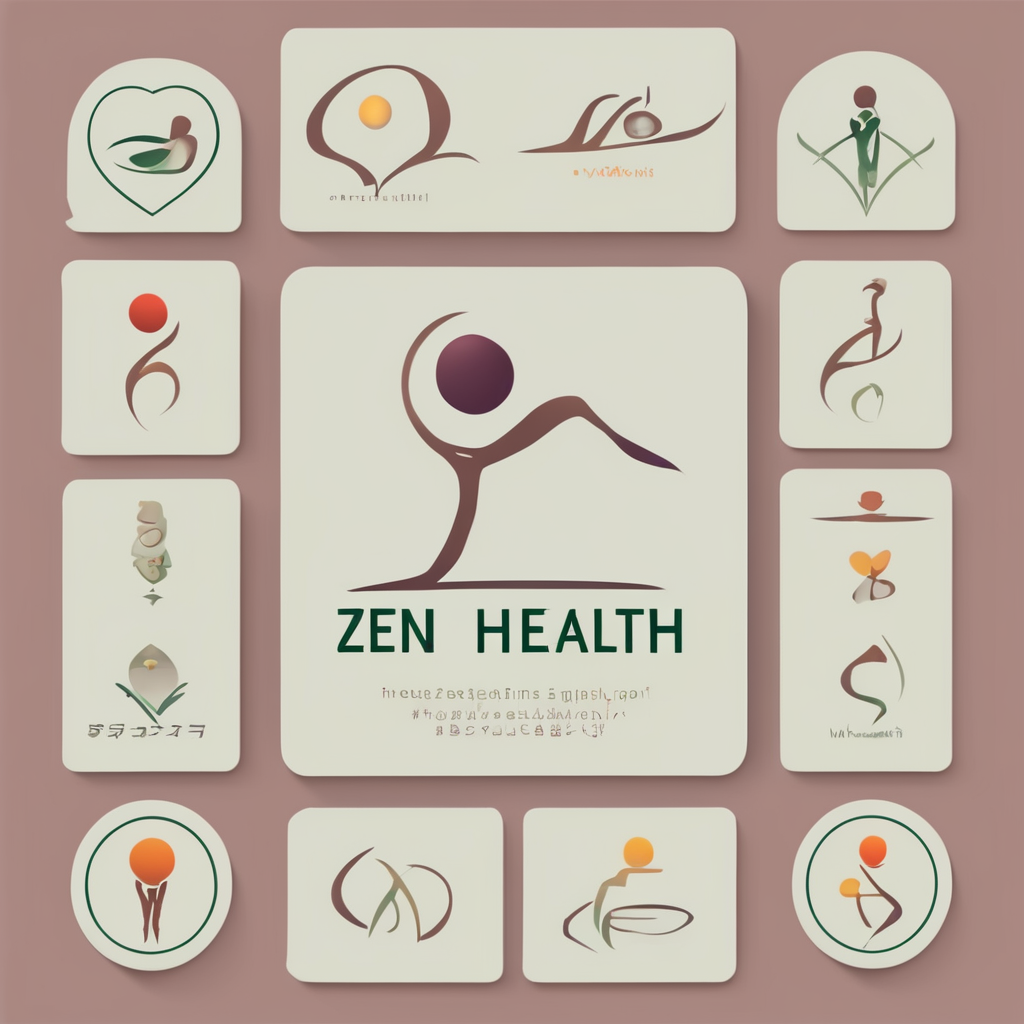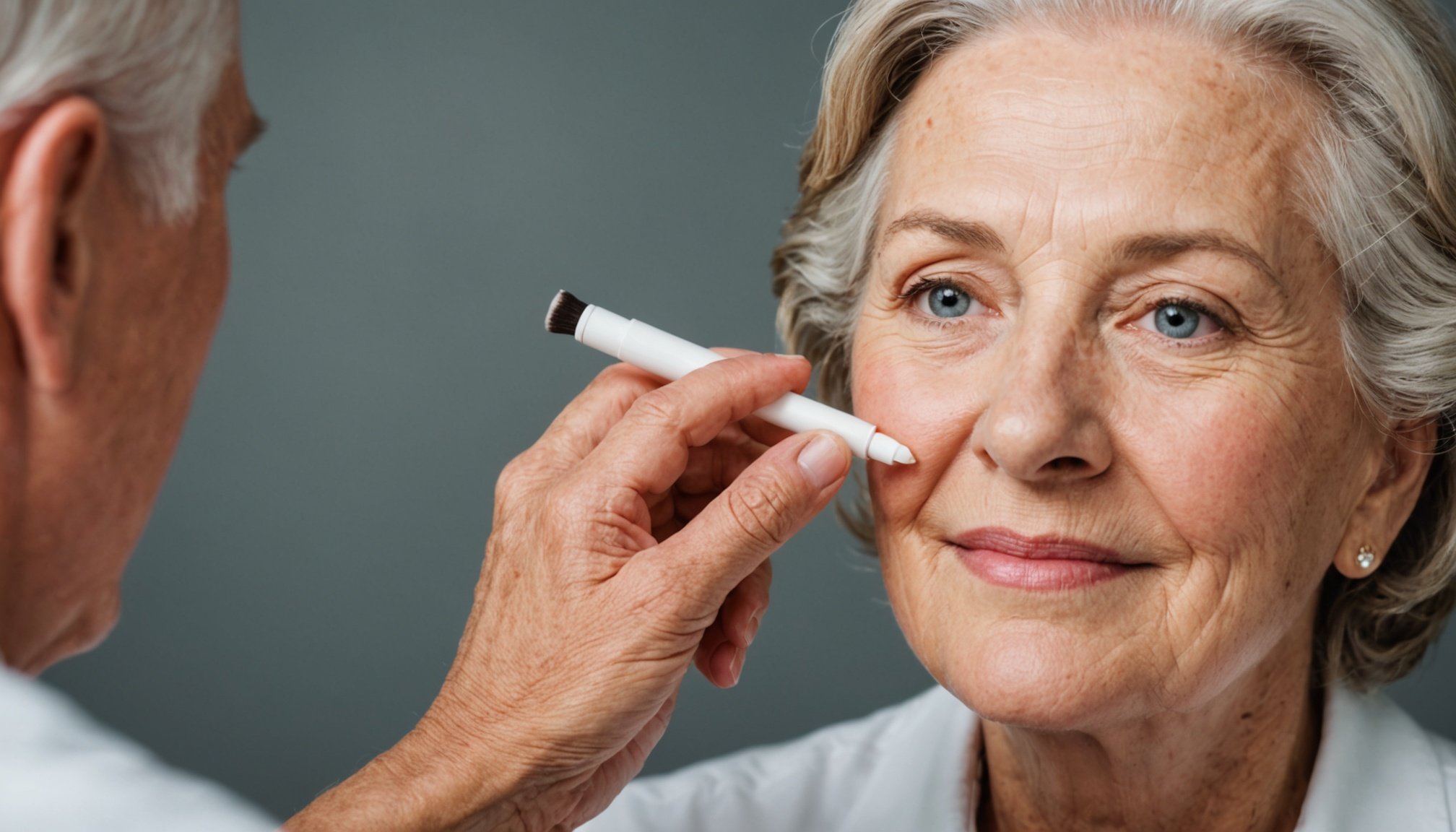As we age, our skin undergoes various changes that can impact its health and appearance. Skin care becomes a critical aspect of maintaining overall wellness for seniors. Many older adults may not be aware of the specific needs of their skin as it ages. Understanding the implications of aging on skin health and adopting a proper skincare routine can greatly enhance one’s quality of life. This article aims to discover vital information about skin care for seniors, addressing common concerns such as dryness, the importance of sunscreen, and the role of specific products in promoting healthy skin.
The Aging Process and Its Effects on Skin
Aging is a natural process, but it brings about significant changes to the skin. As you age, your skin can become thinner, less elastic, and drier. This transformation is primarily due to a decrease in collagen and elastin, proteins that keep skin firm and youthful. Seniors might notice that their skin appears more fragile and lacks the glow of younger years. Additionally, the body’s ability to retain moisture diminishes with age, leading to dry skin that can often feel uncomfortable.
Additional reading : Essential Dietary Changes for Seniors to Combat Early Symptoms of Rheumatoid Arthritis
Another factor to consider is the impact of environmental elements on aging skin. Sun exposure over the years can lead to sunspots, wrinkles, and even cancer. The skin becomes more susceptible to damage as it becomes thinner and less resilient. Elderly individuals must understand the importance of protecting their skin from harmful rays, which can accelerate the aging process.
Moreover, as adults transition into their senior years, they may experience various health conditions that can affect their skin’s appearance. Conditions like diabetes and vascular issues can lead to poor circulation and slow healing, making it essential for seniors to pay attention to their skin care routines. Adopting preventive measures and using the right products can help manage these changes effectively, promoting healthier skin throughout the aging process.
Also read : How can exercise routines be tailored to the needs of seniors with arthritis?
Essential Skincare Products for Seniors
With age, the skin requires different care products to maintain its vitality. Seniors should invest in a few essential skincare products that cater specifically to their needs. One of the most critical products is a high-quality moisturizer. As dry skin is a common concern, using a moisturizer helps to keep the skin hydrated, reducing the appearance of fine lines and wrinkles.
Furthermore, seniors should consider incorporating serums that contain healthy ingredients like hyaluronic acid and vitamin C. These can provide additional moisture and help brighten the skin. Sunscreen is also non-negotiable. Regardless of the weather, applying a broad-spectrum sunscreen with an SPF of at least 30 should be a daily routine. This protects against harmful rays that can contribute to skin damage and increase the risk of cancer.
Cleansers designed for mature skin should also be gentle and hydrating, avoiding harsh chemicals that could exacerbate dryness. Exfoliation is essential but should be approached with caution. Seniors can benefit from weekly exfoliation using milder products to promote cell turnover without irritating the skin.
Lastly, consider introducing nourishing oils, such as argan or jojoba oil, into the routine. These oils can provide an extra layer of moisture and help repair the skin’s barrier, ensuring it stays healthy and resilient. By selecting the right products, seniors can enjoy improved skin texture and appearance.
The Role of Nutrition in Skin Health
A comprehensive approach to skin care includes not just topical treatments but also nutrition. The saying, “you are what you eat,” holds particular significance for skin health as you age. Consuming a balanced diet rich in antioxidants, vitamins, and essential fatty acids can support skin vitality.
Foods loaded with vitamins A, C, and E can help combat oxidative stress that accelerates skin aging. Dark leafy greens, berries, and nuts are excellent choices. Omega-3 fatty acids found in fish such as salmon and in flaxseeds are vital for maintaining skin moisture and elasticity. Seniors should also ensure adequate hydration, drinking plenty of water throughout the day to keep their skin plump and healthy.
Certain lifestyle habits can also affect skin health. For instance, excessive alcohol consumption and smoking can lead to premature aging and skin damage. Moderation in alcohol intake and quitting smoking can significantly benefit skin appearance and overall health. Regular physical activity promotes circulation, which is crucial for delivering nutrients to the skin. Engaging in simple exercises can help seniors maintain a healthy lifestyle that supports skin wellness.
Incorporating these dietary and lifestyle changes can make a significant difference in how aging skin looks and feels. By prioritizing nutrition, seniors can take proactive steps in enhancing their skin health.
The Importance of Regular Skin Checks
For seniors, regular skin checks are vital for early detection of potential issues. Changes in the skin, such as new growths, changes in existing moles, or persistent rashes, should not be overlooked. As aging skin becomes more vulnerable to conditions like skin cancer, being proactive in monitoring skin health is crucial.
Seniors should schedule regular visits with a dermatologist, especially if they have a history of sun exposure or skin issues. Early detection can lead to better outcomes, so understanding what to look for can empower seniors to take charge of their skin health. It’s a good practice to perform self-examinations monthly, checking for any new spots or changes in texture.
In addition to monitoring for skin cancer, seniors should also be aware of other skin conditions that may arise with age, such as eczema or shingles. These conditions can be uncomfortable and may require specific treatments that a healthcare provider can offer.
Moreover, seniors should educate themselves about the importance of skin health and how it correlates with their overall well-being. Conditions affecting the skin can also signal underlying health issues, making it essential to be vigilant. By maintaining a routine of self-checks and professional evaluations, seniors can ensure they are taking comprehensive care of their skin.
In conclusion, skin care for seniors is not just about aesthetics; it’s a crucial component of maintaining health and well-being as one ages. Understanding the changes that come with aging, selecting appropriate skincare products, focusing on nutrition, and being vigilant about skin checks are all essential steps in this journey. By prioritizing skin health, seniors can help themselves look and feel their best. Remember, aging is a beautiful part of life, and with the right care, you can embrace it confidently. Take these insights to heart, and make skin care a rewarding part of your daily routine.











